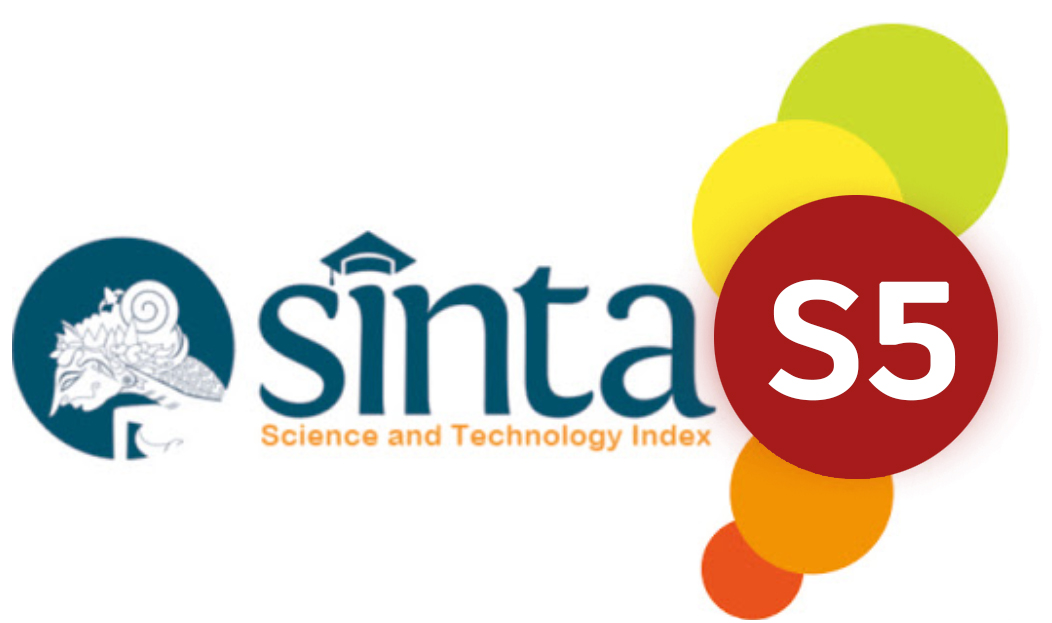Analysis of Potential Region Expansion in Renah Indojati Pesisir Selatan Regency, Indonesia
Abstract
This research intended to describe the physical characteristics, socioeconomic, and feasibility of a region expansion, and analyzed the policy directives of the region expansion in Renah Indojati of Pesisir Selatan Regency. It employed survey method with analysis descriptive design. Research was located in Renah Indojati of Pesisir Selatan Regency, Province of Sumatera Barat. There were two types of data; primary and suplementary data. Techniques of data collection were (1) interview, (2) literature study, and (3) field study. Data about the physical characteristics and socioeconomic conditions were collected by analyzing the Government Ordinance No. 78 of 2007 and Article 5 No. 78 of 2007 which is stated that establishment of regencies/cities in the form of a regency/city expansion and merging some bordering districts on the different regencies/ cities should qualify administrative, technical, and physical territoriality requirements. Policy directives to the regional growth in Renah Indojati Pesisir Selatan Regency were got from interview, Focus Group Discussion, and Analytical Hierarchy Process analysis.The results of physical and socioeconomic characteristics analysis of the area described that the total score of Prospective Renah Indojati Regency was 405 in terms of technical feasibility, categorized into capable or appropriate and can be recommended for expansion. While the potential factor of the region was slightly lower than Prospective Renah Indojati Regency. The total score 439 reached very capable category that can be recommended for expansion. The feasibility of the region expansion has qualified the administrative, physical, and technical requirements. Prioritized policy directives of potential region expansion of Renah Indojati are: (1) structure and infrastructure development acceleration, (2) establishing planning and cooperation with the parent region, (3) performing region managing capability and empowering the society particularly the remote community, and (4) rearranging the data bases in every districts.


















